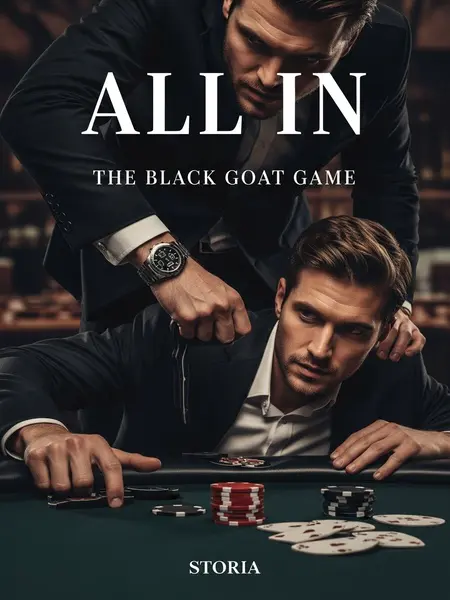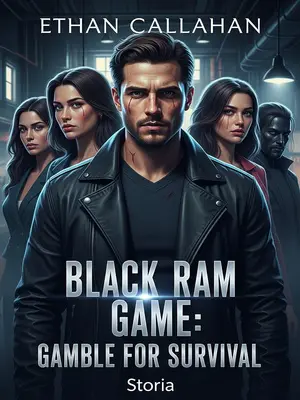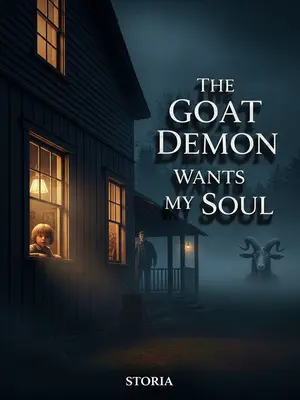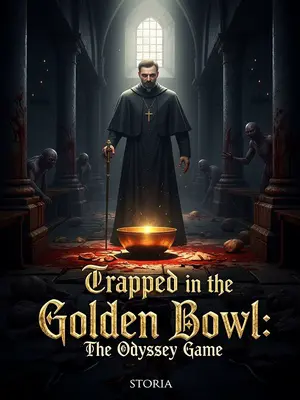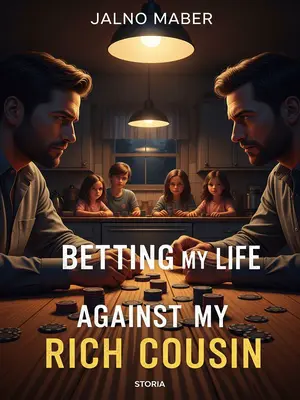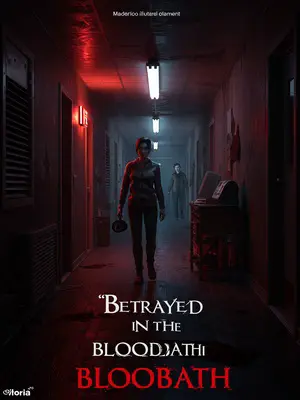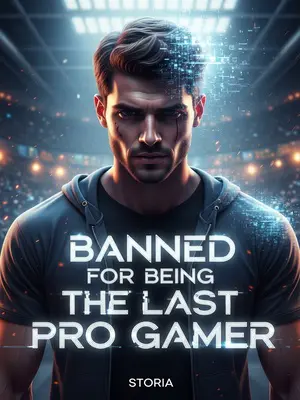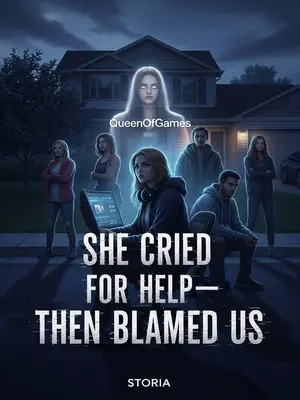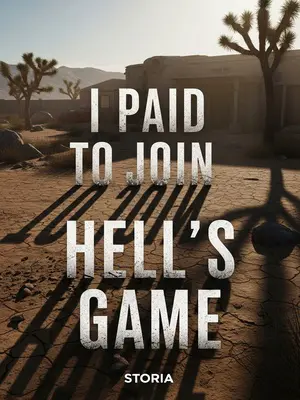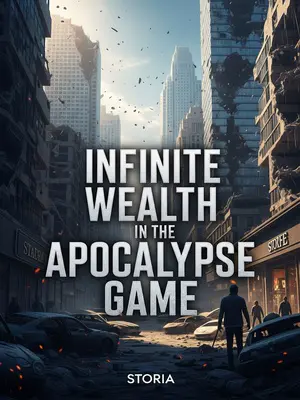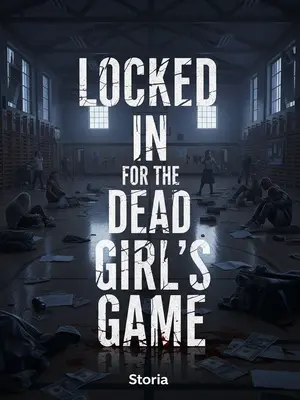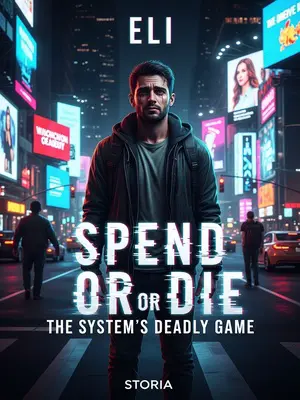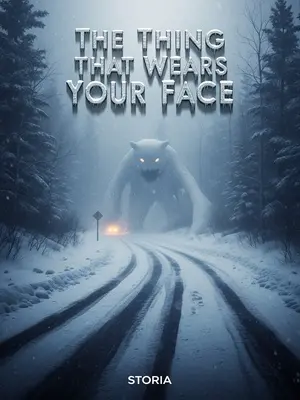Chapter 5: The Secret in the Shadows
Trigger hidden tasks!
My eyes widened. It was like a bolt of lightning illuminating every dark corner of my mind.
The answer was simple—so simple I almost missed it.
That’s it!
I said it out loud, my mouth splitting in a wide, wild grin. The pieces finally fit.
All those unexplained oddities and strange settings finally came together in a clear thread.
It was a web, and I’d finally found the spider at its center.
Why did the dealer advance coins? Because they want players to spend money. Spending is the key to triggering hidden tasks.
It was a test—not of skill, but of nerve. How much were you willing to risk for a shot at victory?
But of course, no one wants to risk going into debt. The game is designed to go against human nature.
It punished caution and rewarded boldness. The American way, I thought wryly.
That’s why the seemingly useless Black Goat shop exists.
It was a lure, and only the desperate or the clever would bite.
Once I understood this, everything clicked. My mind was clear—every puzzle solved.
I felt lighter, the anxiety replaced by excitement. I had a plan now—a real shot.
Excited, I flicked my cigarette ash and began to look forward to tomorrow.
I slept better that night than I had in months. For the first time, I believed I could win.
If I’m right, the Black Goat shop must hold the answer I’m looking for.
I visualized the shop, every shelf and shadow. If there was a secret, I’d find it.
If I want to beat Snake, triggering the hidden task and getting the Black Goat card is my only chance.
It was risky, but it was the only way.
This round, I’ve finally found the dealer’s countermeasure to the game’s loophole.
I felt a surge of confidence. Maybe this time, the underdog could win.
At 9 a.m. on October 14, Black Goat Game officially began.
The morning sun filtered through the blinds, casting stripes across the hardwood floor. I dressed quickly, heart pounding with anticipation.
The dealer handed each player 50 game coins, in denominations of 1 and 10.
The coins were heavy, real metal, not just plastic chips. I weighed them in my palm, feeling their significance.
I put five 10-coin pieces into a small pouch and kept it close.
The pouch felt like a talisman—heavy with risk and possibility.
After last night, the 20 players had split into three groups: Snake’s team of 11, Fatty’s team of 8 (the leader is fat, so that’s what I’ll call them), and me, a team of one.
I almost laughed at the absurdity. David versus two Goliaths—and I was fresh out of slingshots.
Snake’s and Fatty’s teams had already set off to do shop tasks. I waited until they’d all left, then strolled out the villa door at my own pace.
I took my time, breathing in the crisp morning air. No point rushing—I had my own strategy.
I got my bearings and headed straight west through the town.
The streets were quiet, lined with maple trees shedding their last leaves. Storefronts glimmered with early sunlight, and I could hear the distant rumble of delivery trucks.
Along the way, I passed seven or eight shops—clothing, toys, porcelain, and more—and saw several groups of players busy with tasks. Watching them, I got a general sense of what the tasks involved.
I watched from a distance, careful not to draw attention. Every detail mattered.
The sun card’s task was to help a shop with sales (goods could only be sold to real customers, not players). Reach a certain sales target within half an hour to earn a sun card. Of course, each shop’s target was set according to its business.
I saw one guy pitching socks to a soccer mom, his voice rising with desperation. Another tried to charm an elderly couple into buying porcelain teapots. It was chaos, but it worked for some.
Each shop allowed only two players to attempt the challenge at a time.
Competition was fierce. I watched a woman glare at her rival, both vying for the same customer.
It sounded easy, but it wasn’t. You needed sales skills and enough customer traffic. If you caught a busy period, it was doable.
Timing was everything. The unlucky ones stood around, watching the clock tick down.
The moon card’s task was even simpler: carry bags of flour from a bakery to a diner 300 yards away—by hand, with no tools or help. Every five bags delivered earned a moon card. Five bags meant over 100 pounds—pure manual labor.
I saw two guys—one burly, one wiry—staggering under sacks of flour, sweat pouring down their faces. The bakery owner watched with a smirk, clearly enjoying the show.
What surprised me most was that only sun and moon card tasks had been released so far. Star card tasks wouldn’t start until noon tomorrow.
The delay was odd. I made a note to ask about it later.
Interesting.
I wondered what the catch was. In this game, nothing was ever straightforward.
From my analysis last night, I was sure every setting in this game had a reason—nothing was random.
The organizers didn’t believe in coincidence. Every detail was a clue.
Why do star tasks start tomorrow? That was a mystery for now.
I’d have to wait and see. Patience was key.
I walked west for about ten minutes and soon saw the clock tower. At the top was the elegantly decorated Black Goat shop.
The tower loomed over the town square, its clock face frozen at midnight. The shop’s sign was hand-painted, the goat’s head grinning mischievously.
I pushed open the door and was stunned by what I saw on the shelves!
Rows of shelves were filled with goat-shaped plushies.
The place looked like a cross between a toy store and a collector’s den. The air smelled faintly of vanilla and old books.
Honestly, they were pretty cute.
Each plush had a unique design—boxing gloves, capes, even tiny glasses. For a moment, I forgot why I was here.
I picked up one with boxing gloves. Around its neck was a nameplate: Hercules Goat Billy. Skill: Summon Hercules to carry 10 bags of flour. Single use only.
The craftsmanship was impressive. The gloves were stitched with gold thread, and the nameplate gleamed.
I picked up another with bright red lipstick: Sales Genius Billy. Skill: Summon a social media influencer to boost sales. Single use only.
This one had a tiny cell phone sewn into its hoof, and its eyes sparkled with mischief.
Even a total newbie could tell—Hercules Billy was for moon card tasks, Sales Genius Billy for sun card tasks.
The clues were obvious, but I wondered if there was more to them.
I glanced at the price: Hercules Billy, 4 coins; Sales Genius Billy, 5 coins.
The numbers made me wince. Who would pay that much?
Just as I expected—outrageously expensive.
I did the math in my head—$40,000 for one plush. Insane. I paused, letting the number settle in.
Anyone who bought one at that price would be a sucker. I almost felt sorry for whoever took the bait.
Unless, of course, they knew something I didn’t. I hesitated, second-guessing myself.
I picked up one holding an abacus: Accountant Billy. Skill: Summon a professional accountant. Single use only. Price: 3 coins.
The abacus was made of real wood, tiny beads clicking as I turned it over. I wondered if it would really make a difference.
I guessed this was for the star card—probably helping shops with accounting.
Maybe the star task was bookkeeping, or maybe it was something else entirely.
Besides those three, in the corner was a goat wearing a graduation cap, looking like the smartest one in the bunch.
It looked out of place among the others, almost regal. The stitching on the cap was perfect, not a thread out of place.
I was about to pick it up when a voice interrupted me.
"That’s the Omniscient God Billy. Only five in the shop. Its skill: it knows all the secrets of the town."
The voice was deep, calm, and carried a hint of amusement. I turned to see an old man with a goatee and a sharp suit, standing behind the counter.
"Secrets of the town? How many secrets are there?" I asked, curious.
He leaned forward, eyes twinkling. "Five goats, five secrets. Each one is different."
His smile was sly, like a poker player holding a royal flush.
I picked up an Omniscient Billy from the shelf. The price tag made my heart sink.
Ten coins. A hundred grand. My hands shook as I held it, the weight of the decision pressing down on me.
I was about to put it back when the old man spoke again. "You know what they say: rare stuff’s worth every penny. God Billy may be expensive, but it’s worth every cent! The secret it knows will definitely satisfy you."
He winked at me.
His confidence was infectious. I felt my resolve slipping.
I hesitated. I was sure God Billy was linked to the hidden task, but it was just so expensive. And there were five—like a blind box. Who knew which one held the real secret?
It was a gamble, pure and simple. But then, that was the whole point.
"It’s limited edition. Only one of each. If you buy it, the secret belongs only to you." The old man smiled, pitching it hard.
He spoke like a carnival barker, promising miracles for the price of a ticket.
His words hit me hard—suddenly I wanted it, bad.
I could feel my pulse in my throat. This was it—the moment of truth.
If I bought it, the secret was mine—tempting as hell.
I imagined the other players, scrambling for clues while I held the key to victory.
This old man was a master salesman—he really knew how to push my buttons.
I almost laughed. Maybe we were all just marks in his game.
Gritting my teeth, I made up my mind, grabbed a God Billy at random, and marched to the counter. "Checkout!" I said, voice tight.
My voice trembled, but I didn’t back down. The old man nodded, ringing up the sale with a flourish.
With difficulty, I fished out a 10-coin piece and handed it over. The shiny "10" glared at me like a dare.
I hesitated for a split second, then let go. No turning back now.
Ten coins—$100,000, gone in an instant! I took a breath, feeling the weight of the risk.
This had to be the most expensive plush toy in history. Not even a car salesman could fleece you like this.
The old man grinned, sliding the plush across the counter like it was a bar of gold. He paused, letting the anticipation build.
After buying God Billy, the old man kindly showed me how to use it.
He flipped it over, pointing to a tiny button sewn into its chest. "Just press here," he said, "and listen."
"There’s a button on its chest. Press it, and it’ll tell you the secret it knows."
He looked at me expectantly, like I was opening a mystery box on YouTube.
I gripped the plushie with both hands, steadied myself, and pressed the button.
My heart pounded in my chest. I closed my eyes, bracing for whatever came next. My fingers tingled, nerves stretched tight.
A cute, childlike voice rang out from its soft body:
"I’ll tell you a secret..."
The sound was sweet, innocent—completely at odds with the gravity of the moment. I held my breath, waiting for the secret that might change everything. The room felt still, every sense focused on what would come next.
